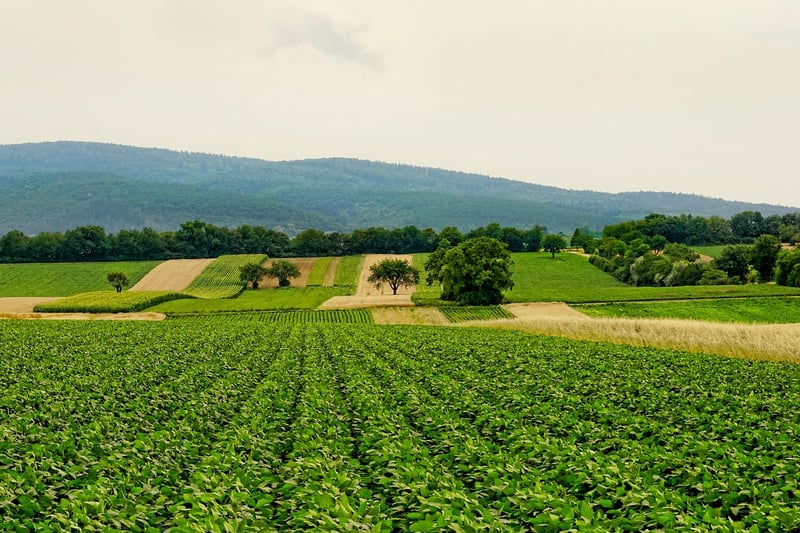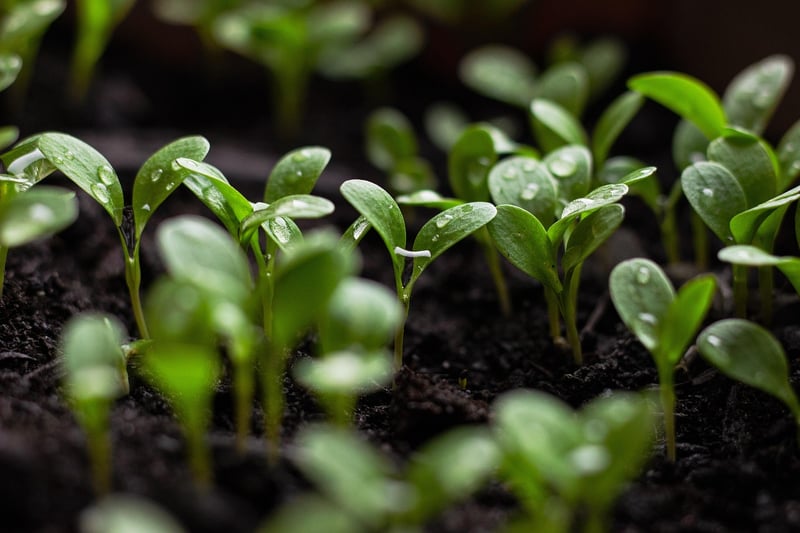Sustainability Practices
The Future of Farming: Innovative Methods and Sustainability Practices
Farming is an essential industry that provides us with food, fuel, and fiber. As the global population continues to grow, the need for sustainable farming practices becomes increasingly critical. In recent years, innovative methods have emerged that not only increase productivity but also promote environmental sustainability. Let's explore some of these cutting-edge techniques that are shaping the future of farming.
1. Vertical Farming
Vertical farming is a revolutionary approach that involves growing crops in vertically stacked layers. By utilizing controlled-environment agriculture, vertical farms can maximize crop yield while minimizing space and resource consumption. This method reduces water usage, eliminates the need for pesticides, and allows for year-round production.

2. Precision Agriculture
Precision agriculture employs technology such as GPS, drones, and sensors to optimize farming practices. By collecting real-time data on soil conditions, weather patterns, and crop health, farmers can make informed decisions to increase efficiency and reduce waste. This data-driven approach enhances productivity while minimizing environmental impact.

3. Aquaponics
Aquaponics combines aquaculture (fish farming) with hydroponics (soilless plant cultivation) in a symbiotic system. Fish waste provides nutrients for plants, while plants purify the water for the fish. This closed-loop cycle results in higher crop yields with lower water usage and zero waste. Aquaponics is a sustainable method that offers a holistic approach to farming.

4. Agroforestry
Agroforestry integrates trees and shrubs into traditional agricultural practices to create a biodiverse ecosystem. Trees provide shade, prevent soil erosion, and improve soil fertility, while crops benefit from a healthier environment. This approach promotes sustainability by enhancing biodiversity, sequestering carbon, and increasing resilience to climate change.

5. Regenerative Agriculture
Regenerative agriculture focuses on restoring and enhancing the health of the soil. By using practices such as cover cropping, crop rotation, and no-till farming, regenerative farmers aim to improve soil structure, increase water retention, and sequester carbon. This approach not only boosts crop yields but also contributes to mitigating climate change and preserving natural resources.

These innovative farming methods and sustainability practices are revolutionizing the agricultural industry. By embracing technology, environmental stewardship, and holistic approaches, farmers can meet the growing demand for food while protecting the planet for future generations.
Join the movement towards a more sustainable future in farming!
